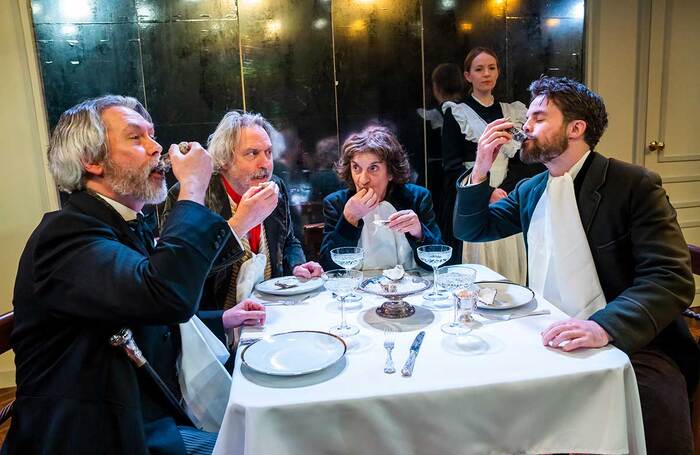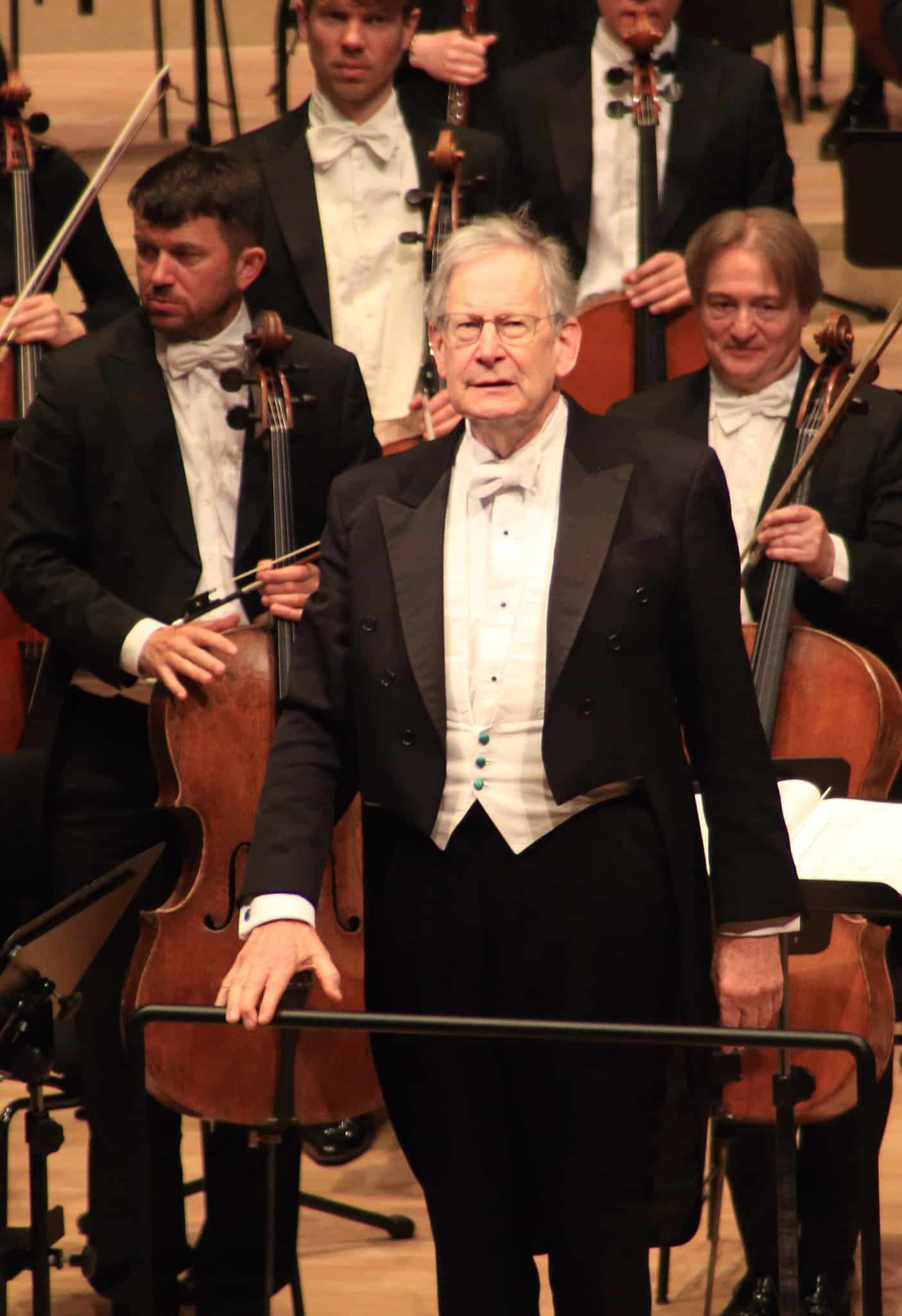Ruth Leon Pocket Review … Jermyn Street Theatre
Ruth Leon recommendsJermyn Street Theatre
A few weeks ago I told you about a play at a prominent London fringe theatre, written and directed by (I’m not naming him again to spare his blushes because he’s had enough brickbats thrown at him) one of this country’s top directors. After that, all of theatrical London was discussing how it was possible that this rightly famous and admired director could possibly have written or directed this dog’s dinner of a play.
The Oyster Problem at Jermyn Street, the debut play from historian Orlando Figes, is not nearly that bad. Indeed, it has appealing characters who were real people, Emile Zola, Gustave Flaubert, Ivan Turgenev and Madame George Sand. These successful and famous writers were all friends, and the play has an intriguing premise, nothing less than the nature and value of art itself.
In The Oyster Problem – the title refers to the luxury food they eat at their get togethers – they are trying to help Flaubert who, despite the huge success of Madame Bovary, has fallen on hard times and can no longer afford oysters, to find a suitable job with an income to sustain him while he finishes his latest book.
But. You knew there was a ‘but’ coming, didn’t you? I kept wondering, as I watched five excellent actors giving fine performances as the writers and Flaubert’s beloved niece, whether Orlando Figes had ever actually seen a play, so flabby and shapeless as the one he and his director, Philip Wilson, have put in front of us.
Figes has written ten books about Russian and European history so we know he knows the territory backwards and forwards. Sadly, what he doesn’t know is theatre and how to hold an audience’s attention through five, count them, five acts.
I hope that this fine writer and brilliant historian will in future concentrate on what he knows best and simply chalk up The Oyster Problem to experience.






I went in party of four the other day and we all enjoyed the play. It is funny, pacy, not afraid of big ideas, and very moving at the end.